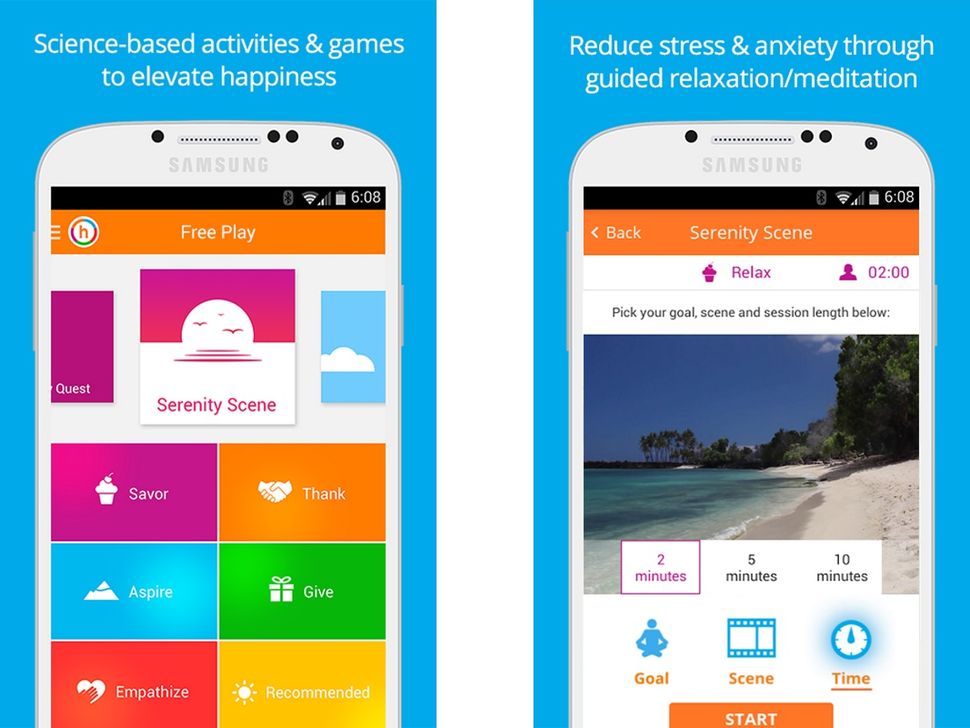AR Educational Quizzes in Your Room presents a groundbreaking opportunity to immerse learners in an interactive and engaging educational environment. By merging augmented reality with traditional quiz formats, this innovative approach transforms mundane study sessions into dynamic experiences where knowledge comes to life. The integration of AR technology not only captivates students’ attention but also enhances retention and understanding, making learning more effective and enjoyable.

As educational institutions and home learning environments increasingly embrace technology, AR quizzes offer a fresh perspective on how learners can interact with material. These quizzes can adapt to various subjects, catering to diverse learning styles and preferences. With features like real-time feedback and personalized pathways, AR educational quizzes empower students to take control of their learning, while also facilitating collaboration and competition among peers.
In the modern context of global communication and technology, the significance of the English language cannot be overstated. As the most widely spoken language in the world, English serves as a bridge connecting diverse cultures and communities. This article delves into the multifaceted role of English in contemporary society, examining its implications in education, business, and cultural exchange.One of the most critical domains where English has established its dominance is education.
From primary schools to universities, English serves as the primary medium of instruction in many countries, especially in non-native English-speaking regions. The proliferation of English language curricula reflects a growing acknowledgment of its global importance. In academic settings, proficiency in English often translates to enhanced access to a wealth of resources, including research articles, educational materials, and international conferences. This accessibility not only enhances the learning experience but also promotes a more inclusive approach to education, where students from diverse backgrounds can collaborate and share ideas.Moreover, the role of English in education extends beyond the classroom.
Online learning platforms such as Coursera, edX, and Khan Academy have democratized education, allowing learners from all corners of the globe to access courses taught in English. This trend illustrates the power of technology in breaking down geographical barriers, enabling individuals to pursue their educational aspirations irrespective of their location. Consequently, English language proficiency becomes a vital skill for students seeking to excel in an increasingly interconnected and competitive global landscape.In the realm of business, English holds a distinctive position as the lingua franca of international commerce.
Companies seeking to expand their operations beyond domestic markets often leverage English as their primary language of communication. This trend is particularly evident in multinational corporations, where English proficiency is frequently considered a prerequisite for employment. The ability to communicate effectively in English facilitates smoother negotiations, enhances networking opportunities, and fosters stronger relationships with clients and partners across borders.Furthermore, the integration of English into business practices has given rise to a unique lexicon of terms and phrases that reflect contemporary economic trends.
Concepts such as “outsourcing,” “stakeholder engagement,” and “value proposition” have become commonplace in the corporate world. This shared vocabulary not only streamlines communication but also underscores the influence of English on global business practices. As companies continue to adapt to the demands of an evolving market, the mastery of English remains a critical asset for professionals seeking to advance their careers.The cultural significance of English extends beyond its practical applications in education and business; it also plays a pivotal role in shaping global cultural narratives.
The proliferation of English-language media, including films, music, and literature, has led to the widespread dissemination of cultural ideas and values. Hollywood, as a prime example, has established itself as a dominant force in the global entertainment industry, with English-language films reaching audiences worldwide. This cultural export not only influences popular trends but also shapes societal norms and perceptions, highlighting the far-reaching impact of English in the realm of culture.In addition to media, the rise of social media platforms has further amplified the presence of English in everyday communication.
Twitter, Facebook, Instagram, and YouTube have become platforms where English is predominantly used, allowing users to engage with content from diverse backgrounds. This digital landscape encourages the exchange of ideas and fosters a sense of global community, as individuals connect over shared interests and experiences. However, this phenomenon also raises questions about the preservation of linguistic diversity, as the dominance of English may inadvertently marginalize lesser-spoken languages and cultures.While the benefits of English proficiency are undeniable, it is essential to acknowledge the challenges that come with its widespread use.
Notably, the pressure to conform to English-speaking norms can create barriers for non-native speakers, who may struggle with language acquisition due to various factors, including economic disparities, access to education, and cultural attitudes toward language learning. Thus, it is crucial for educational institutions and policymakers to adopt inclusive strategies that empower individuals to learn English while also valuing their native languages.In response to the challenges associated with English language dominance, initiatives aimed at promoting multilingualism are gaining traction.
Organizations worldwide are recognizing the importance of preserving linguistic diversity and are implementing programs that encourage language learning in both English and local languages. These initiatives not only enrich the educational experience but also contribute to cultural preservation and the promotion of mutual respect among diverse communities.The implications of English language proficiency extend beyond individual and societal levels; they also influence international relations.
As governments and organizations engage in diplomatic dialogue, the ability to communicate effectively in English can enhance collaboration and foster mutual understanding. English serves as a tool for diplomacy, enabling leaders to navigate complex global issues and work collectively toward common goals.Additionally, the role of English as a global language raises important ethical considerations. The potential for linguistic imperialism—the idea that certain languages are valued over others—poses a risk to cultural identities and traditions.
It is imperative for stakeholders in education, business, and government to approach English language promotion with sensitivity and awareness of the diverse linguistic landscape. By fostering an environment that values all languages, society can work toward a more equitable future where cultural diversity is celebrated rather than diminished.In conclusion, the role of English in contemporary society is multifaceted and ever-evolving.
From its influence on education and business to its cultural significance and implications for international relations, English serves as a powerful tool for communication and understanding. However, it is essential to navigate the complexities that arise from its dominance, promoting inclusive practices that honor linguistic diversity and empower individuals to embrace their cultural identities. As we move further into an interconnected world, the challenge lies in balancing the benefits of English proficiency with the need for cultural preservation and respect for all languages.











